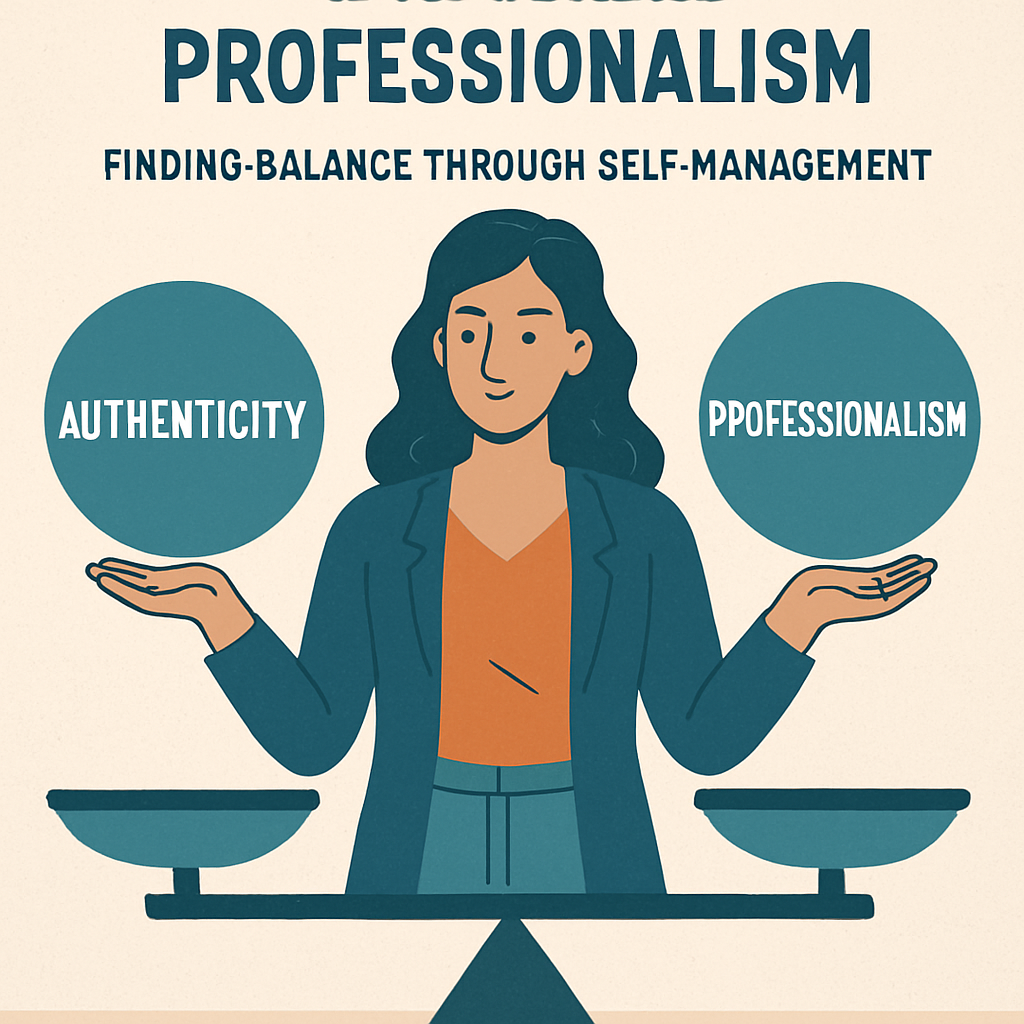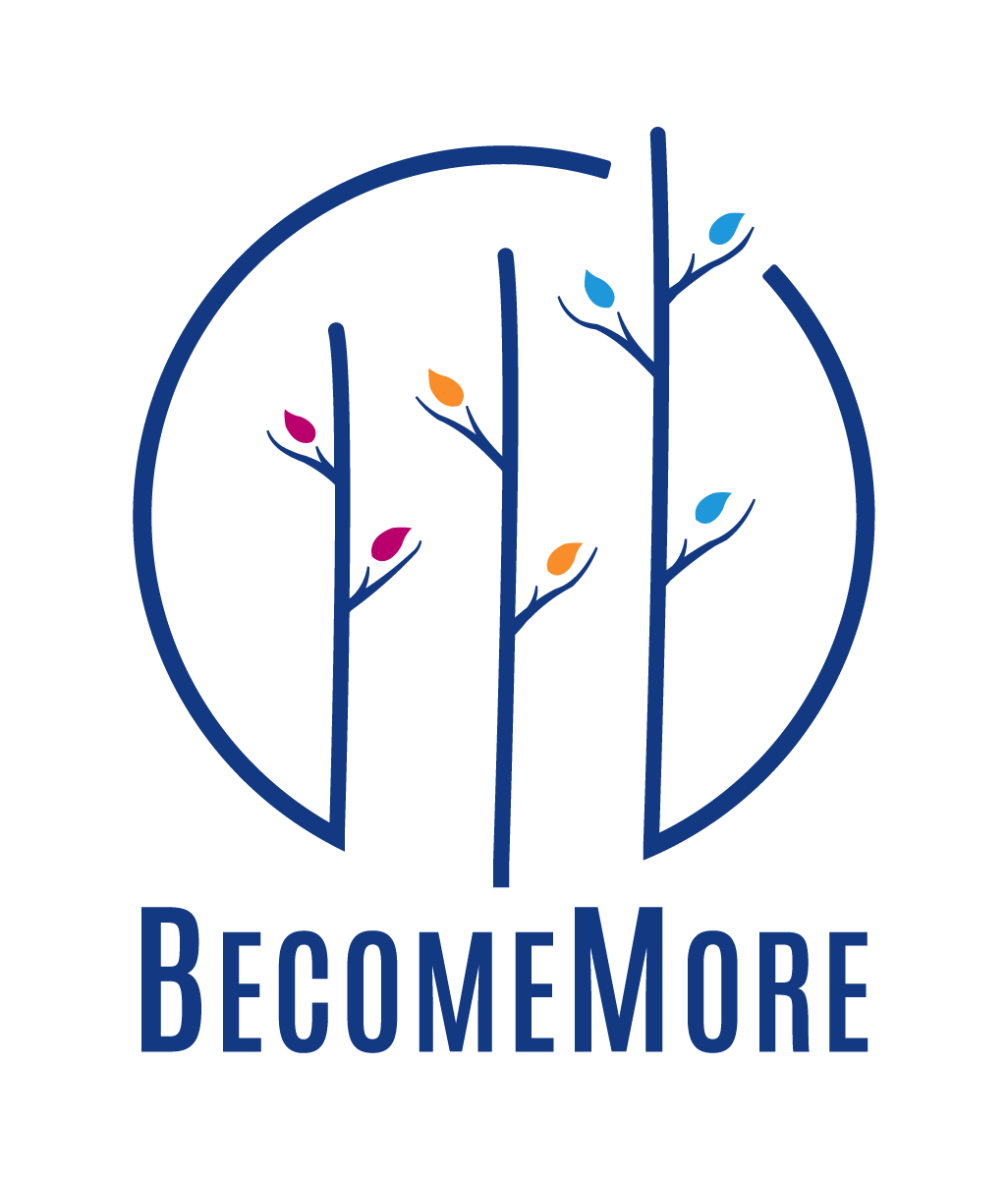2 min read
Authenticity vs. Professionalism: Finding Balance at Work
![]() BecomeMore Group Staff
:
9/17/25 6:53 PM
BecomeMore Group Staff
:
9/17/25 6:53 PM

The tension between authenticity and professionalism in the workplace is a universal challenge. Most of us have experienced that moment when we wonder if we can truly be ourselves at work, or if we need to put on a carefully crafted professional persona to succeed. This fundamental question was perfectly captured in a viral meme: "I accidentally used my real personality at work today. I'll just take myself to HR."
The reality is that being our "real self" at work requires nuance and self-awareness. Everyone has aspects of their personality that are both assets and potential liabilities in professional settings. The idea that we must choose between authenticity and professionalism creates a false dichotomy. Instead, we should recognize that self-management is a crucial skill that allows us to bring our best selves to work while being mindful of our impact on others. This doesn't mean changing our core values or beliefs, but rather choosing which aspects of ourselves to emphasize in different contexts.
Self-management isn't about betraying who you are—it's about recognizing that we all have multifaceted personalities. When someone says, "That's just how I am, you'll have to deal with it," they're often using their personality as an excuse for behavior that negatively impacts others. True self-management means acknowledging that we all have moments when we want to react impulsively, but choosing responses that align with our long-term goals and values instead. This ability to pause between stimulus and response is what distinguishes effective professionals from those who struggle with workplace relationships.
Leaders face a particular challenge in this area, as their emotional reactions have outsized impacts on their teams. When a leader panics, the organization panics. When a leader blurts out information prematurely, it can create unnecessary anxiety and confusion. This doesn't mean leaders must be robotic or inauthentic, but rather that they must be especially mindful of how their natural tendencies affect others. The higher you rise in an organization, the more important self-management becomes, not because you need to be less authentic, but because your impact is greater.
Sometimes our authentic reactions can lead to regrettable moments, as illustrated by two telling stories. In one instance, a quality director lost patience during an audit and publicly challenged a corporate auditor, creating lasting tension despite momentary satisfaction. In another case, a young professional's frustration over a broken agreement about sharing office resources led to an embarrassing shoe-in-the-ceiling incident that affected her performance review and career advancement. Both situations highlight how our inability to manage our authentic reactions can have significant professional consequences, even when our frustrations are justified.
The key takeaway isn't that we should suppress our true selves at work, but rather that we should cultivate awareness about which aspects of ourselves to bring forward in different situations. Self-management isn't about changing who you are; it's about choosing how you express yourself to achieve desired outcomes. By developing this skill, we can be authentic while still building positive relationships and advancing our careers. The question isn't whether you can be your real self at work—it's whether you can be your best self when it matters most.

